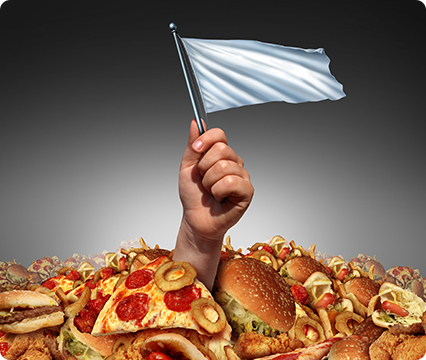A commentary on the “eating addiction” versus “food addiction” perspectives on addictive-like food consumption
The concept of food addiction suggests that certain individuals may exhibit addictive-like responses to specific foods high in fat and refined carbohydrates. A recent alternative model proposes that eating itself could be a behavioral addiction triggering similar responses in susceptible people. This perspective argues that behavioral signs, such as consuming more food than intended or eating despite negative consequences, are central to defining eating addiction. It also criticizes the food addiction model for not sufficiently exploring which foods or components (like sugar) may have addictive potential, implying that food addiction differs significantly from substance-based addictions and more closely aligns with behavioral addictions. This commentary by Schulte, Potenza & Gearhardt (2017) argues in favor of the substance-based food addiction framework over the behavioral addiction perspective to understand addictive-like eating behaviors. It discusses common behavioral aspects seen in substance use disorders, initial evidence suggesting that not all foods provoke addictive-like eating behaviors equally, and contrasts between the proposed eating addiction phenotype and the only recognized behavioral addiction in the DSM-5 gambling disorder. Additionally, the paper explores the implications of labeling food versus eating as addictive. It suggests future research directions to evaluate food addiction’s validity and clinical utility as a concept. [NPID: Addictive disorders, eating behavior, food addiction]
Year: 2017
 Navigation
Navigation






